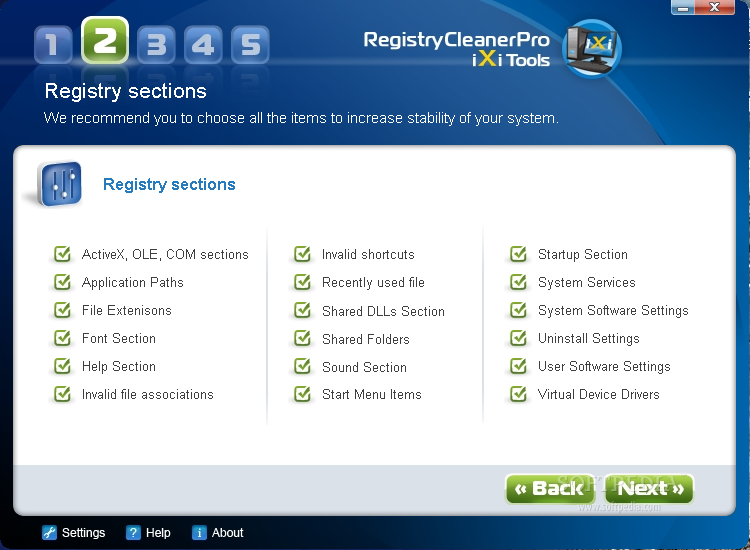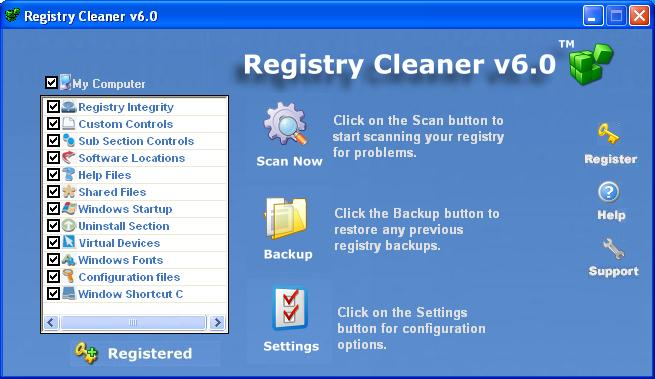

Unfortunately, when you uninstall an app, its entries in the registry are not deleted (in most cases). This means every time you install a new app multiple entries are made in the Windows registry. Windows uses the registry to keep a record of programs’ settings, preferences, and how they interact with your PC. It won’t magically boost your Windows performance or automatically solve problems. Registry cleaners are definitely not a silver bullet, as many shady marketing schemes might have made you believe. Today, I will tell you the importance of registry cleaning software in your PC cleaning routine and introduce some reputable registry cleaners to choose the right one. A clean registry ensures better performance and error-free working. In reality, registry cleaners are necessary for the smooth working of your PC. Furthermore, some people are also afraid to use them as the registry is such a sensitive component of Windows that could completely break Windows. Mostly because they don’t show a boost in PC performance immediately. Unfortunately, many people don’t find registry cleaners to be important for PC cleaning. It will keep your PC working smoothly and without errors. I'll leave it up to you to decide if using this registry cleaner is worth the risk.A registry cleaning software should be a must-have tool in your PC cleaning arsenal. Please take note that modifying the registry manually or with a program like CCleaner can result in your machine no longer being usable. It identified hundreds of issues so I threw caution to the wind and let CCleaner take care of everything. What in particular did it remove to have this affect? I have no idea. Running this tool noticeable decreased the load time of Outlook for me. A new favorite (thanks Scott Hanselman) is CCleaner a.k.a. When the registry information, and particularly the file references, become invalid, Windows performance decreases.įortunately, there are a myriad of registry cleaners out there that help automate much of the registry cleaning process. Just about every piece of software you use interacts with the registry. This is a file that stores thousands of bits of information and links to various files in Windows. One of the prime locations for this junk is the Windows Registry.

This junk seems to build up to the point where it takes more and more time for applications to load.

This slow-down, as far as I can tell, is due to junk that makes its way on to your machine as part of the many software installs/uninstalls/upgrades/patches that are part of what it means to run Windows. Kind of like a car's engine except you'd think an operating, without any moving parts, wouldn't degrade. It seems to me that the performance of Windows-based machines decreases over time.


 0 kommentar(er)
0 kommentar(er)
